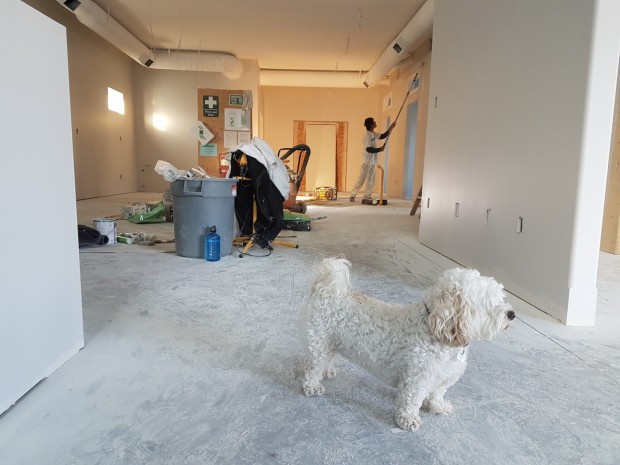Many current and prospective homeowners are realizing the importance of making eco-friendly decisions when buying, building, or making upgrades to their homes. We want to lessen our carbon footprint, support the well-being of mother earth and reduce our waste. But before embarking on an eco-friendly home renovation project, it's important to ask yourself the right questions and put all your plans in place.
First, you must consider the type of materials you are using to know whether there are more eco-friendly alternatives out there. Secondly, you must consider how much money you're spending on the project. It won't be wise to waste resources while trying to live your dream of having an eco-friendly home. This article will show you how to effectively plan your eco-friendly home renovation and get the best results from it.
Define and Understand Your Needs
The first thing to do is carefully think about your current needs and the things you'll be needing over the next few years. When you take your big life plans into account, you'll avoid spending unnecessarily on things that you'll end up replacing within a short time. For instance, if you are thinking about having kids soon, you'll want to make sure that any changes you make to your home will be safe enough for young children. Similarly, if you plan to work from home, you'll want your home upgrade to be suitable for your work and living needs.
As a general rule, try to stay away from design trends and opt for a timeless design that you can easily modify to adapt to different lifestyles. Trends barely last more than five years, so you may be forced to renovate again to keep up. If your upgrade can fulfill your needs for the next ten years or more, you'll have fewer future renovations over time. Also, you'll use fewer materials and have a lower footprint on the environment.
Draw Your Budget
Just like any other home remodeling project, eco-friendly upgrades require careful planning and budgeting. Research thoroughly and ask questions for better clarity. The more time you invest into planning for your eco-friendly upgrade, the less likely you are to encounter unexpected costs that were left out by error. Ensure you investigate the permits you require for your project and the cost implications, if any. Depending on the size of your project, the cost implication can range between $100 and over $3,000.
It's important to start planning early and look for opportunities to purchase materials when they are on sale. Also, try to factor in labor costs from the beginning. Since labor prices usually vary by season and availability, you might want to book in advance.
Consider Upgrading to Eco-Friendly Appliances
If your current home appliances are not the best in terms of energy savings, you should consider upgrading to eco-friendly alternatives. This will help you to contribute positively toward climate change and save money in the long run. When shopping for appliances, look for those with the ENERGY STAR label since they are certified as energy efficient. You may also want to check for the yellow Energy Guide label, which gives you an idea of the appliance's energy usage and costs.
Buying a good appliance is one thing, but making sufficient plans for its longevity is another. Just like with other appliances, eco-friendly ones can be expensive to repair if they become faulty. You should consider getting a home warranty after buying them so that you don't face unexpected repair costs. Cinch Home Services emphasizes that ''it is important to research the warranty coverage before signing a home warranty contract.''
Recycle, Reuse, and Reduce
One of your goals for a green renovation is to generate less waste; you should remember this when planning. Try to integrate the ''3R'' rule of reusing, recycling, and reducing into your project. Ultimately, you'll be able to save on materials and money. Reuse any furniture or material you already have wherever possible. Sometimes, what old furniture needs for a new look is just repainting or relocating to a new position. And if there are pieces of furniture you no longer want to use, consider donating them since someone else might find them useful.
If there's anything that can't be donated, ensure it is recycled. Recycling will help you avoid generating waste that can be harmful to the ecosystem. You might want to check with your local eco-center or municipal depot to learn more about the renovation of waste and the disposing of old furniture in an eco-friendly manner. In applying the ''reduce'' rule, you should consider looking for products manufactured from recycled materials when shopping for your remodeling project. When you do this, you limit the use of new raw materials and the destruction of new forests.




















